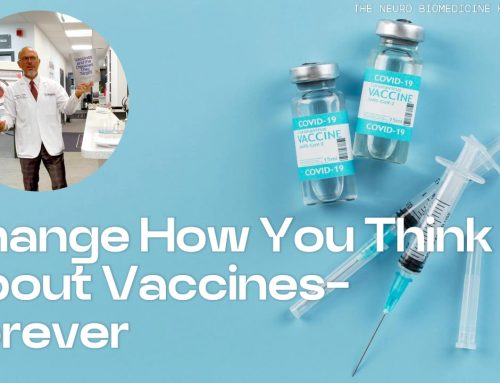Today, I want to discuss the importance of cholesterol and the detemental impact that cholesterol-lowering drugs may have.
Cholesterol is crucial for producing sex hormones and fat-soluble vitamins like K, D, A, and E. Cholesterol-lowering drugs inhibit the HMG-CoA reductase enzyme, reducing cholesterol synthesis but also affecting hormone production and vitamin levels. This can have minimal benefits while potentially causing harm over time.
Despite the use of statin drugs since the mid-1980s, there hasn’t been a significant decrease in heart attack rates. Statistically, risk reductions look impressive—between 40 to 60%—but the actual clinical risk reduction is only about 2 to 5% over ten years. Furthermore, reducing cholesterol can lead to brain health issues, including a higher risk of neurodegenerative diseases, because cholesterol is a major component of the brain.
Statin use also affects other bodily functions, including blood sugar regulation and blood pressure. It reduces Coenzyme Q10 production, essential for cellular energy, leading to broader health impacts.
The intention behind lowering cholesterol is to prevent heart disease, but it’s crucial to understand the real-life effectiveness of such measures. Adjustments in diet, often recommended for lowering cholesterol, actually have limited impact.





